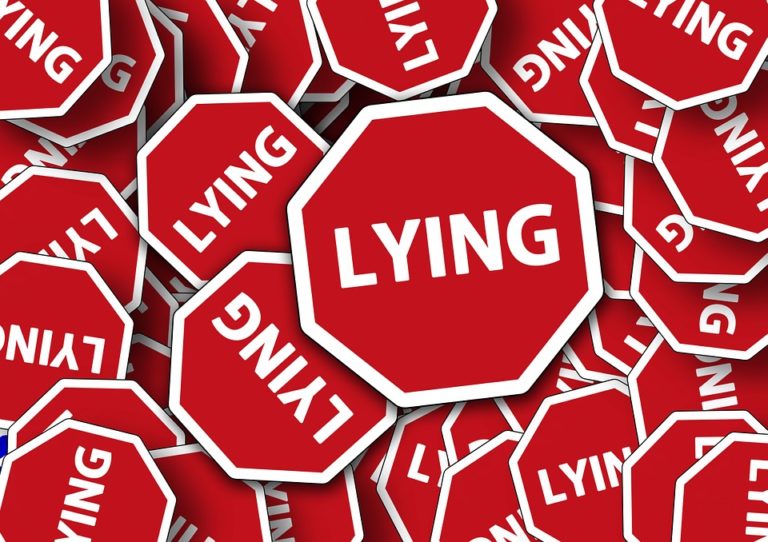Is Doxing a Crime?
Doxing is a cybercrime that occurs when you take real world information about a person and circulate it online without permission. It doesn’t matter how you got the information: it’s doxing if the victim trusted you enough to give it to you, it’s doxing if you hacked their machine, and it’s doxing if you just did really good detective work.
It also doesn’t matter why you doxed the victim. Doxing someone because they made a racist, sexist, homophobic, transphobic, or similar type of comment seems noble and even satisfying. Nevertheless, doxing is often done with the intent of stalking, harassing, and ruining victims. The damage can further spread to their families, hurting far more people than the doxer tends to consider.
And yes, doxing can lead to criminal charges.
Doxing in New York
Most of the time doxing will be covered under New York’s harassment laws. You can also acquire charges under New York’s stalking laws.
If you accessed any sites illegally while digging up your information then the prosecutor will have the option to charge you under New York’s hacking laws.
The law recognizes that the criminal infliction of emotional distress is both possible and capable of leading to real, physical harm.
There have already been doxing arrests in New York. For example, two men in Bergen County released the private information of over 30 law enforcement officers and prosecutors. One was charged with computer theft, unlawful access and copying of a database, doxing, stalking, and harassment. One was only charged with doxing.
And while going after law enforcement is certainly a move guaranteed to stir a response, going after regular civilians can be just as legally damaging.
Doxing at the Federal Level
There are no federal laws against doxing everyday citizens, but there are laws covering the doxing of certain “covered persons,” including:
- Jurors
- Witnesses
- Officers of the law
- Judges
- Informants
- State employees
- Federal employees
Yet, again, the US Attorney’s office has several laws they can look to if they wish to punish someone for doxing, including the following federal offenses:
- Identity theft
- Access device fraud
- Social security number misuse
- Computer fraud
- Wire fraud
- Interstate transmission of threats
- Threatening and conveying false information
Rest assured that federal officials take this crime very seriously and understand the harm it can cause, including risking people’s physical safety, putting law enforcement officers at risk, causing emotional distress, and diverting law enforcement from life-threatening emergencies.
Similar Cybercrimes
“Swatting” is a related crime which is usually prosecuted as assault with a deadly weapon. This crime sends police officers to a target’s house, often with bad information that causes them to go in with their guns drawn.
The deadly weapon is, in this case, the police.
Need help?
If you’ve been accused of doxing or swatting someone you could be in real legal trouble. Reach out to an experienced cybercrimes lawyer like Lee Koch. Contact us today to get help.
See also:
Could a Cyber-Crime Result in a Murder Charge?
What You Should Know About the New NYC Revenge Porn Law
What Qualities Matter When Hiring an NY Lawyer for a Computer Crime?





